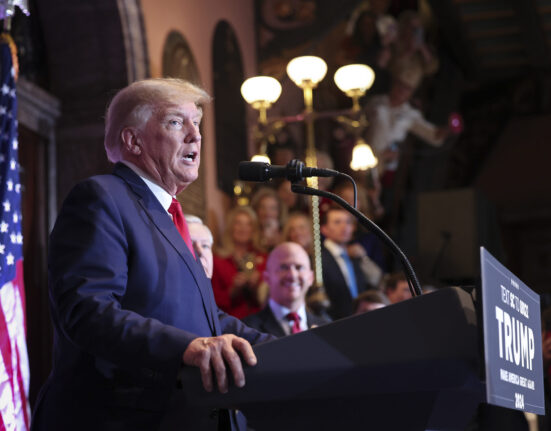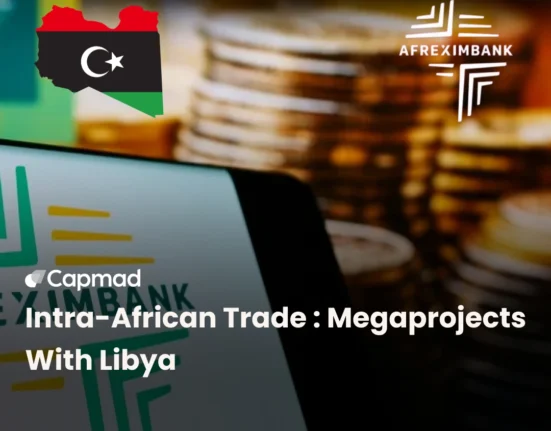In the realm of technological advancements aimed at transforming lives in Africa, a pivotal initiative known as Digital Earth Africa has been making waves. This program is not just about innovation; it’s about revolutionizing how we interact with our environment and each other. Imagine a world where data drives decision-making processes, where satellite imagery provides insights into agricultural practices, urban development, and disaster response strategies.
The tender recently released for services contracts to facilitate the transition to long-term ownership of the Digital Earth Africa program marks a significant milestone in this journey towards sustainable development and impactful change across the African continent.
As experts delve into the intricacies of this transition process, one thing is clear – the stakes are high, but so are the potential rewards. The shift towards long-term ownership signifies a commitment to ensuring that the benefits of Digital Earth Africa are not just temporary but enduring. It’s about empowering local stakeholders, governments, and organizations to leverage geospatial data for years to come.
“Digital Earth Africa represents a unique opportunity for African nations to harness the power of technology for socio-economic development,”
says Dr. Kwame Mbele, a leading geospatial analyst.
“This transition phase is crucial as it sets the foundation for sustainability and scalability.”
The call for tender invites skilled professionals and organizations to be part of this transformative journey. From data management experts to remote sensing specialists, from project managers to policy advisors – there is a diverse range of expertise needed to ensure a smooth handover and seamless continuity of operations.
According to industry insiders, this transition period is not just about transferring responsibilities; it’s an opportunity to enhance capabilities, build local capacity, and foster innovation within the African geospatial sector. It’s about creating an ecosystem where knowledge sharing and collaboration thrive.
“Investing in long-term ownership means investing in the future of Africa,”
remarks Professor Aisha Nuru, an expert in sustainable development policies.
“By building local expertise and fostering partnerships between public and private entities, we can unlock unprecedented opportunities for growth and progress.”
The journey towards long-term ownership requires careful planning, robust governance structures, and continuous stakeholder engagement. It’s not merely a technical transfer; it’s a strategic shift towards self-reliance and self-sustainability in utilizing geospatial technologies for societal good.
As professionals gear up to submit their bids and proposals for the services contract, they do so with a sense of purpose – knowing that their contributions could shape the future landscape of geospatial innovation in Africa. Each proposal crafted is not just a document; it’s a vision for unlocking potential, driving impact, and fostering inclusive growth.
The road ahead may be challenging as any significant transformation comes with its complexities and uncertainties. However, amidst these challenges lies an array of possibilities waiting to be explored – opportunities to redefine how we approach environmental monitoring, urban planning, natural resource management, climate resilience strategies, and much more.
The tender process itself symbolizes transparency, accountability,
and openness – values that are integral to building trust among stakeholders
and ensuring that every decision made aligns with the overarching goals
of Digital Earth Africa.
In conclusion,
as we embark on this journey towards long-term program ownership,
let us remember that every step taken today paves
the way for a brighter tomorrow filled with endless possibilities
and unparalleled advancements
Title: Transitioning Digital Earth Africa: Tender for Long-Term Program Ownership









Leave feedback about this